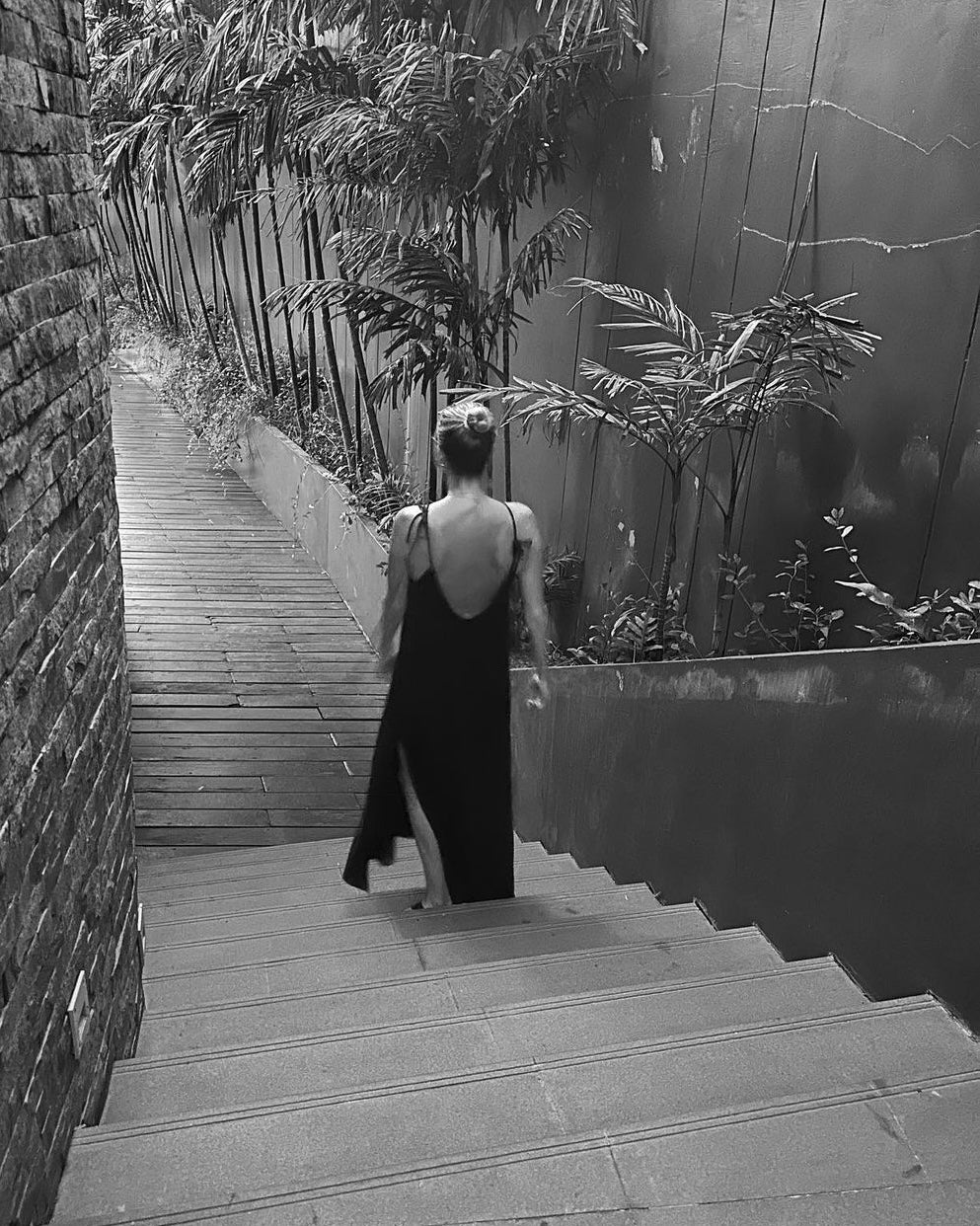Today we share Malin's story with PMS/PMDS (Premenstrual dysphoric syndrome). Malin shares her journey with PMDS from the time she was thirteen to how twenty-two years later she was finally free. You will get to take part in practical tips from Malin's own journey and how she changed parts of her lifestyle to be free from her severe PMDS.
How has your journey with PMDS been?
My journey has been long and winding. I have suffered from PMS/PMDS since I got my first period when I was thirteen. My symptoms were normalized by those around me, both by family and healthcare. That made it eighteen years before I was diagnosed and another four years until I was PMDS free .
What symptoms did you have with PMDS?
The first time I brought up my problem was at the youth clinic when I was fourteen years old. The midwife thought the birth control pill would help me, so I was prescribed the mini-pill. My problems not only persisted but worsened in the coming years with mini-pills. Throughout phase three (sometimes also during phase 1 ) I had severe anxiety, lost the will to live, headaches, mood swings, lack of energy and wanted to end my relationship. What was offered by healthcare was to change the type of birth control pill to reduce my symptoms.
At the age of eighteen, I again sought help from health care because of the depressive pattern and recurring anxiety. I wanted to see a therapist but as the waiting time was long, the doctor prescribed strong sleeping pills, even though I had no sleeping problems. The sleeping pills produced severe side effects such as hallucinations and tunnel vision. After barely a week, I chose to end the medical treatment, as it affected both my well-being, work and my relationship to such a large extent. After many weeks of waiting, I got to see the therapist. The result was not what I expected as she tried to convince me to indulge in religious faith. I ended that call contact and lost trust in my health center.
PMDS and pregnancy
A year later I again brought up my severe symptoms with my midwife and once again I was advised to change the pill. In connection with the exchange, I became pregnant with my daughter. I had never felt as good mentally as I did during my pregnancy. When my daughter was born and my periods started again, I found that the period pains and the amount of bleeding were lighter than before but that the PMDS remained. I suspected that I was suffering from mild postpartum depression and brought it up with my midwife who referred me to the same therapist as last time. Once I started contraception again after the pregnancy, I tried several hormonal contraceptives that would work "locally", such as the birth control patch, the birth control ring and finally the copper coil. All of them gave me terrible side effects.
What made you address your PMDS yourself?
When I was thirty-one years old and about to burn out for the second time in a short time, I again saw a midwife. I connected parts of my bad mood with the copper IUD I had at the time, but she denied that there was a connection. However, it was established for the first time that I suffered from PMDS. As a treatment for PMDS, I was prescribed anti-depressant tablets to take during phase three . The tablets helped to some extent, but far from all the symptoms. They also had several side effects. I lost all my sex drive and it was impossible for me to orgasm.
I was also numb and indifferent and finally chose to stop eating them. Deep down, I knew what my body needed was time to rest and recover. This was the starting point of my journey towards wellness in a natural way.
Have you made any changes to your lifestyle that improved your PMDS?
I was lucky enough to be referred to a stress rehabilitation clinic. There I got to experience how powerful natural medicine is, what role diet has on our well-being, how stress creates huge imbalances and how important it is to breathe correctly. During the same period, I found Jenny Koos and realized how birth control can do that to the body. I decided to take out my copper IUD. For the first time, I was not questioned or denied, but was helped to take it out and was recommended a pessary. Taking out the copper IUD was the beginning of my healing process. I dove deep into hormone health and how I could support the body in the best way through my lifestyle. A major insight during my journey has been the understanding of how the body is a whole where all parts of our lifestyle affect us.
Nutrition and PMDS
At the beginning of my healing process, I focused a lot on eating nutritious food in the form of lots of fruits and vegetables, sauerkraut that contains probiotics, and I cut out convenience foods and fast food. I also supported the body with nutritional supplements. After the changes in my lifestyle, I could slowly but surely feel that the body started to absorb nutrients again. At the same time, I gave myself more space for recovery in my everyday life and experienced a decrease in stress levels. However, anxiety and PMDS remained.
After that I stopped eating sugar to get my blood sugar under control. I stopped drinking alcohol, then I stopped gluten and started using fluoride free toothpaste. At this time , Jenny Koos wrote a post about coffee and how it affects the menstrual cycle. I felt hit and made the decision to stop drinking coffee . It didn't take long for all my period pain to disappear and best of all, I no longer felt any moodiness, irritation or other symptoms of PMDS. I think that all of it has led to my PMDS getting rid of me. What was most decisive for me was to stop caffeine . If I were to give only one piece of advice to anyone suffering from PMDS, it would be to stop all forms of caffeine.
What advice would you give to someone with PMDS?
Learn to trust your body and listen to the signals it gives you. It's easy to beat yourself up in the society we live in today because our symptoms are often normalized. For those of you who suffer from PMDS – there are tools in your lifestyle that can help you feel better. You are not alone in your journey and there is alternative help available. PMDS is not a normal condition, but is to a great extent something that you can get rid of. I know because I've been through it myself.
This is a personal story from a person in the Womensync community. The same results and experience cannot be guaranteed, but depend on the person's state of health, background, lifestyle in general and genetics. Womensync does not intend to diagnose or treat medical conditions. Always consult a doctor in case of suspected illness.

